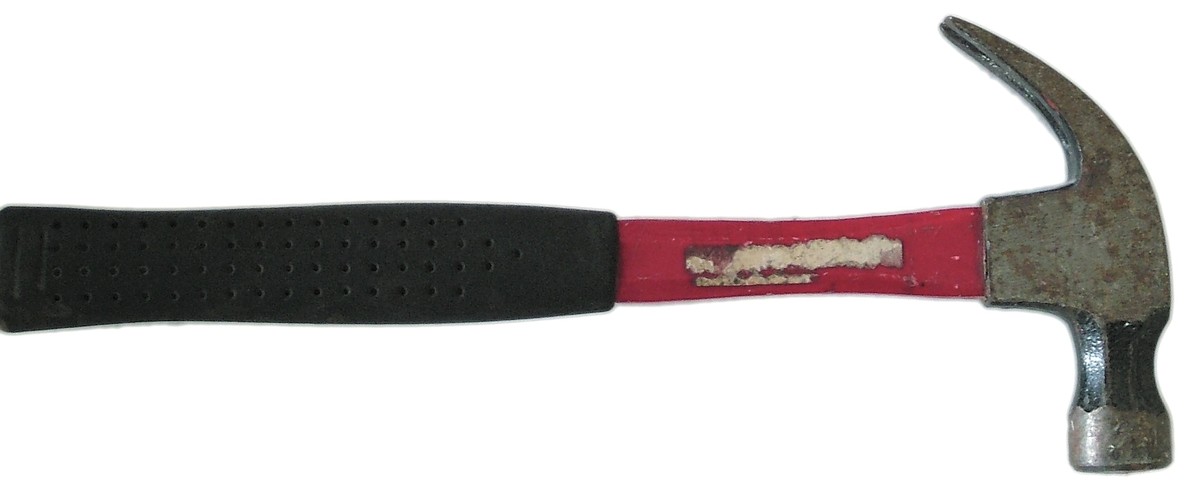Anyone that's worked at a studio, been in a band that records or even just sat down and thought about it for a minute knows this question: "How long will it take to record our album?" I hear this at least once a week, over the phone or via email. I'm about to pop a blood vessel from trying to answer it over and over. I decided that instead of answering the question I'd make a list instead.
The Top Things That Will Make Your Recording Session Go Much Longer Than You Planned:
Everyone who is in a recording scenario loses 20 percent of their playing abilities instantly. Riffs you could effortlessly play in practice are suddenly ten times harder. Songs you plowed through live turn into arduous brain teasers under the studio microscope.
Your instruments don't really sound that great. I see this all the time — guitars with bad intonation, pickups too high, old dead drum heads, amps with blown speakers and microphonic tubes. Oh the joy.
That ten-minute lunch break took an hour and a half. Bring stuff with you to eat! This includes beer and cigarette runs. What a great use of time.
Your days off aren't really days off. Oh, forgot to hire a babysitter? Didn't really get the whole day off work? Partner bugging you about the dinner and movie you promised? Oops.
"I thought it was just a little tickle in my throat." And by the time we're tracking vocals you've got the flu. Rest and take care of yourself before sessions if you're the singer! This includes the whole band if we're talking about all-night parties or four-hour gigs.
"We can't agree on the song tempo and I need to write lyrics." I've witnessed this too many times — I'm falling asleep in my chair. Prepare people, prepare.
"Oh shit, I forgot my cymbals." See above.
"We've been practicing all the time and we'll knock the basics out so fast." This is one of those, "Oh no, they cursed it" kinda things. Every time I've heard this it all goes the other direction...
Consider the time it takes to finish a take, comment about it, then listen back and comment about it. Nobody ever seems to remember that if their songs are seven minutes long, that's at least 20 minutes PER TAKE before you know you've got a keeper.
In the time it takes to debate whether anyone will ever notice that one little mistake, you could have done it again.
Expecting the engineer to produce your project without prior discussion will add HOURS to what you might have expected.
Getting to the studio too early or too late. Too late seems obvious. Too early means getting in the engineer's or maybe the other players' way, especially if the studio is small.
Not clearly communicating your budget with the studio/engineer.
Not having an understanding of what the particular studio and engineer's aesthetic is. Does this engineer believe that a good album can only be made in a month's time with a $30,000 budget? Do the records this particular engineer has done before sound good to you? Has the engineer recorded the style of music you require?
Don't ask the engineer if he likes your stuff. It will be obvious if he does and if he doesn't, and he's good, it won't matter. A good engineer will try his or her very best regardless of their personal opinion of the material.
Of course my favorite response to "How much does it cost to make a whole record?" is, "Do you want to make a big (w)hole record or a little (w)hole record?"
The only real answer is, "All the money you're prepared to spend." We have made albums in a day here, and do it often enough that it isn't rare. Records like that have an implied aesthetic of immediacy and conviction, and there are worse things to have to settle-for in life. More often, albums take four to ten days, but there is a wide range in what can be expected within that range. Less time means fewer — or no — experiments, less fine- tuning, fewer alternate takes, less total time in music recorded (10 songs rather than 12, for example) and ultimately an acceptance of results that may not have had time to settle-in as confidant. That doesn't mean the record won't be good, just that you won't have the time to try out all possibilities to convince yourself of it. Longer sessions than that have more time for second- guessing, re-working and experimenting, but they aren't necessarily "better", they just have more options available to reach the end point. It is backward planning to ask how long it will take for a fixed methodology, and then come up with that amount of money. If you guess wrong, you will be caught short, and end up spending all your money with nothing finished to show for it. It is much more realistic to decide how much money you have to spend, and then make the record that budget allows, accepting the limitations implied by that.


